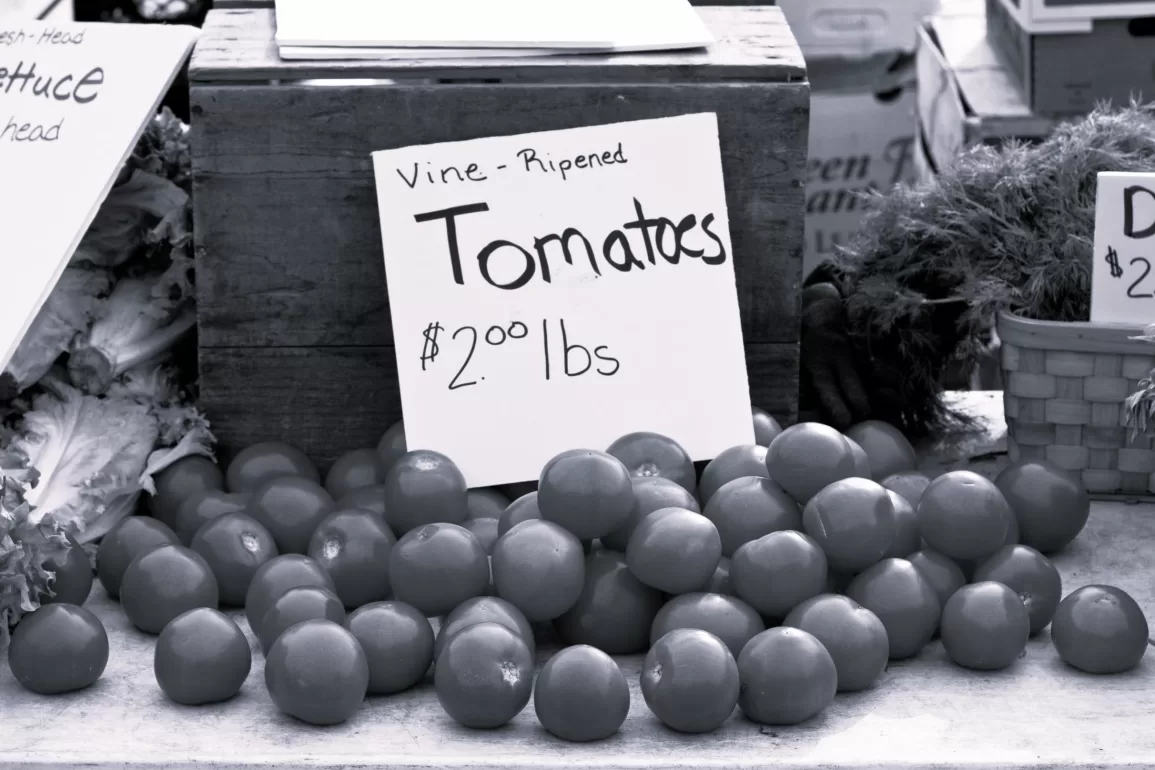From the car’s passenger seat, I watch grain fields pass like a movie reel. I’m fascinated by the ocean of corn, silver-gray tassels like foam, and the velvet drapes of emerald soybeans undulating over the soft swells of the Mississippi River bottom. My boyfriend, Bill, and I are driving home to Texas, leaving the embrace of the Midwest, where a rainstorm blew through last evening on the shoulders of a mild norther, dropping early September temperatures to something that feels...

